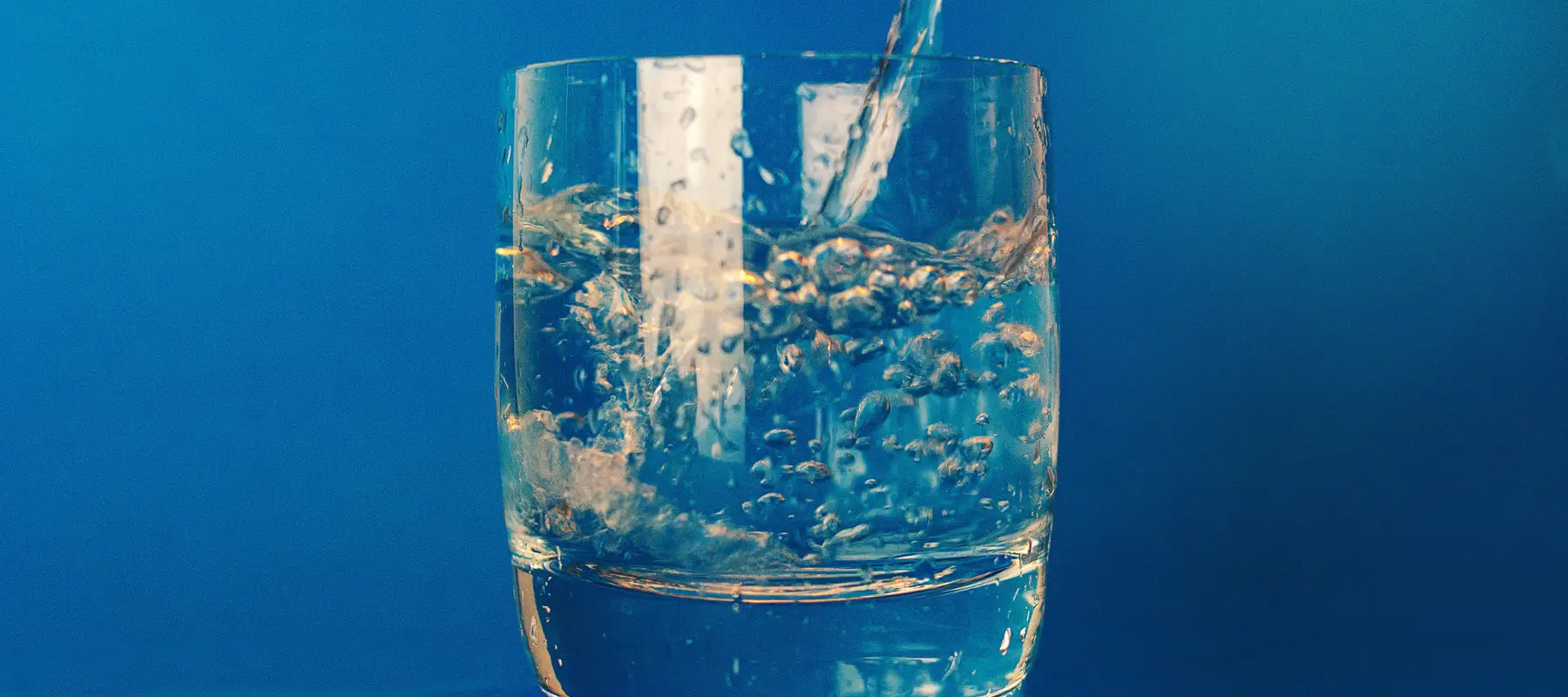
Myth Or Fact: Does Drinking Water Reduce Pimples?
Introduction
The quest for flawless skin has led to numerous theories and practices, with one common suggestion being the consumption of water to combat pimples. But is this advice based on factual science, or is it just folklore? This article explores the reality of water for pimples, the connection between drinking water and acne, and evaluating if the suggested advantages have any logical reasoning.
Why hydration is important for your body?
Understanding the importance of water goes beyond its link to acne. Water, vital for life, constitutes a substantial part of our bodies. It facilitates the transport of nutrients, regulates the body temperature, and aids in waste elimination. When we fall short on water intake, the effects are widespread and they impact our overall health.
Dehydration can lead to a domino effect of issues. It underscores the significance of ensuring our bodies receive an adequate supply of this fundamental element for optimal well-being.
From impaired cognitive function to compromised organ health, the repercussions of inadequate hydration are far-reaching. Skin, being the largest organ, is particularly susceptible to the effects of dehydration. Dry and lacklustre skin often accompanies insufficient water intake, emphasising the vital link between hydration and skin health.
Why drinking water for pimples is effective?
Water consumption has been widely accepted as a means of treating acne, and this is a valid claim. Adequate water intake aids the body in eliminating toxins through perspiration and urine, alleviating the burden on the skin's detoxification systems. Maintaining proper hydration supports healthy blood flow, facilitating the efficient delivery of nutrients to skin cells and accelerating skin regrowth.
Moreover, sufficient water intake preserves the skin's natural suppleness and elasticity. Less prone to irritation and inflammation, hydrated skin reduces the risk of acne formation. Dehydrated skin while compensating for lost moisture overproduces oil. This excessive production can potentially result in clogged pores and pimples.
Numerous scientific studies consistently demonstrate a positive link between heightened water intake and enhanced skin hydration. Well-hydrated bodies are more adept at warding off external threats like germs and pollution, reducing the likelihood of acne flare-ups.
Going the extra mile with topical hydration
While internal hydration is crucial, external moisturisation enhances pimple treatment. Hyaluronic acid and glycerin are the ingredients found in topical moisturisers. They serve to lock moisture, thereby forming a protective barrier on your skin.
Choosing the appropriate moisturiser is crucial for maintaining optimal skin hydration. Individuals with oily or acne-prone skin must select non-comedogenic versions to prevent pore-clogging. Additionally, water-based skincare products are readily available on the market. This provides a diverse range of options for consumers. They provide necessary moisture without worsening acne conditions.
Introducing hydrating serums into your skincare routine gives your skin an additional boost, ensuring it remains well-moisturised and resilient. This tailored approach not only addresses specific skin concerns but also contributes to an overall healthy and radiant complexion, proving that the right moisturising regimen can make a significant difference in skin care outcomes.
It's crucial to find a balance as using moisturiser excessively may cause other problems, such as clogged pores and acne. Consequently, for the best effects, a customised skincare regimen is essential.
Also read: What Is Skin Hydration & How to Hydrate Skin
The Acne Care & Healing Gel Moisturiser with Tea Tree & Cica
The Acne Care & Healing Gel Moisturiser with Tea Tree & Cica is a skincare powerhouse, enriched with niacinamide to combat excess oil and sebum, promoting a balanced complexion. Harnessing the potent benefits of tea tree extract, it actively treats acne, addressing blemishes at their source.
Additionally, the inclusion of cica extract contributes to the moisturiser's soothing prowess, calming irritated skin and developing a healing environment. This dynamic combination makes the Acne Care & Healing Gel Moisturiser with Tea Tree & Cica a comprehensive solution, effectively targeting acne while providing much-needed hydration and comfort for a clearer and healthier skin tone.
In conclusion
The conception that drinking water will help lessen acne is based in scientific fact. Undoubtedly, maintaining proper hydration is vital for overall health, and research indicates its positive impact on skin, including acne prevention.
Although it can help, water is not a miracle cure for pimples. Integrating external and internal hydration is essential for achieving bright, glowing skin through a holistic skincare strategy. Embracing the age-old advice to drink more water remains a simple and accessible step towards a complexion that not only appears pleasant but also mirrors a well-hydrated and healthy body.
FAQs:
1. Does drinking water reduce pimples?
Sufficient water consumption aids in preserving skin hydration, diminishing the chances of developing pimples. This aligns with a comprehensive skincare approach.
2. Can drinking water reduce acne?
Yes, proper hydration supports skin health, aiding in the prevention and management of acne.
3. How much water should I drink to clear acne?
There's no one-size-fits-all, but aiming for 8 glasses (about 2 litres) daily is a good starting point.
4. Does drinking water reduce acne?
Yes, maintaining proper hydration supports overall skin health, reducing acne development. It's a key component of a balanced skincare regimen.
5. How does tea tree extract help treat acne?
Tea tree extract possesses antibacterial properties, actively addressing acne at its source and promoting clearer skin.
6. Can cica extract soothe irritated skin?
Cica extract plays a key role in calming irritated skin and developing a healing environment.
7. Is water consumption the only factor in preventing acne?
No, a comprehensive approach involves both internal hydration and external skincare practices to effectively prevent and manage acne.
8. How much water should I drink to clear acne in litres?
Aim for around 2 to 3 litres of water daily. Staying well-hydrated supports healthy skin by flushing out toxins and maintaining balance. While water alone may not cure acne, it helps regulate oil production, supports skin healing, and improves overall texture when combined with a proper skincare routine.
9. Can drinking water reduce pimples?
Yes, drinking enough water can support clearer skin. It helps flush out toxins, keeps the skin hydrated, and balances natural oils. While not a cure for pimples, staying hydrated improves skin resilience and aids the body’s natural detox processes, which can reduce the frequency and severity of breakouts.
10. Does drinking less water cause pimples?
Dehydration can make your skin produce more oil to compensate for dryness, potentially leading to clogged pores and pimples. Lack of water also reduces the skin’s ability to heal and stay balanced. Although not the sole cause, insufficient hydration can certainly contribute to acne-prone skin.























































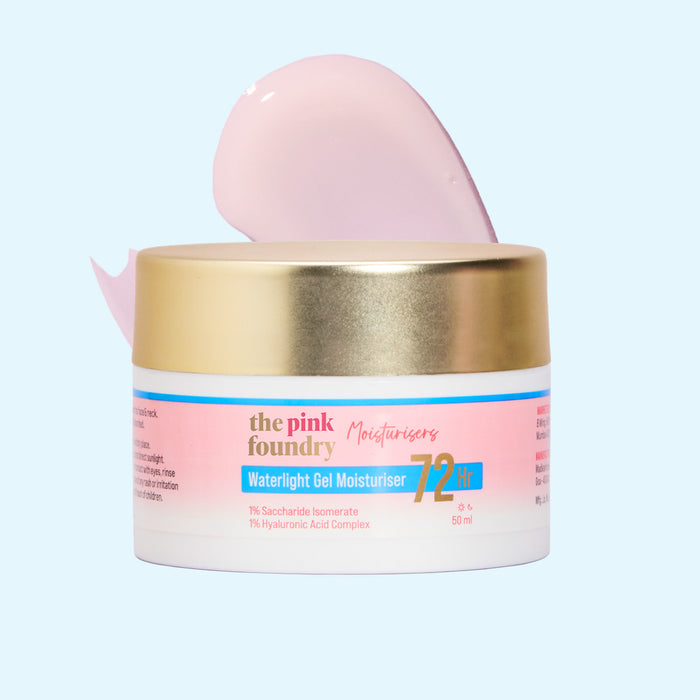
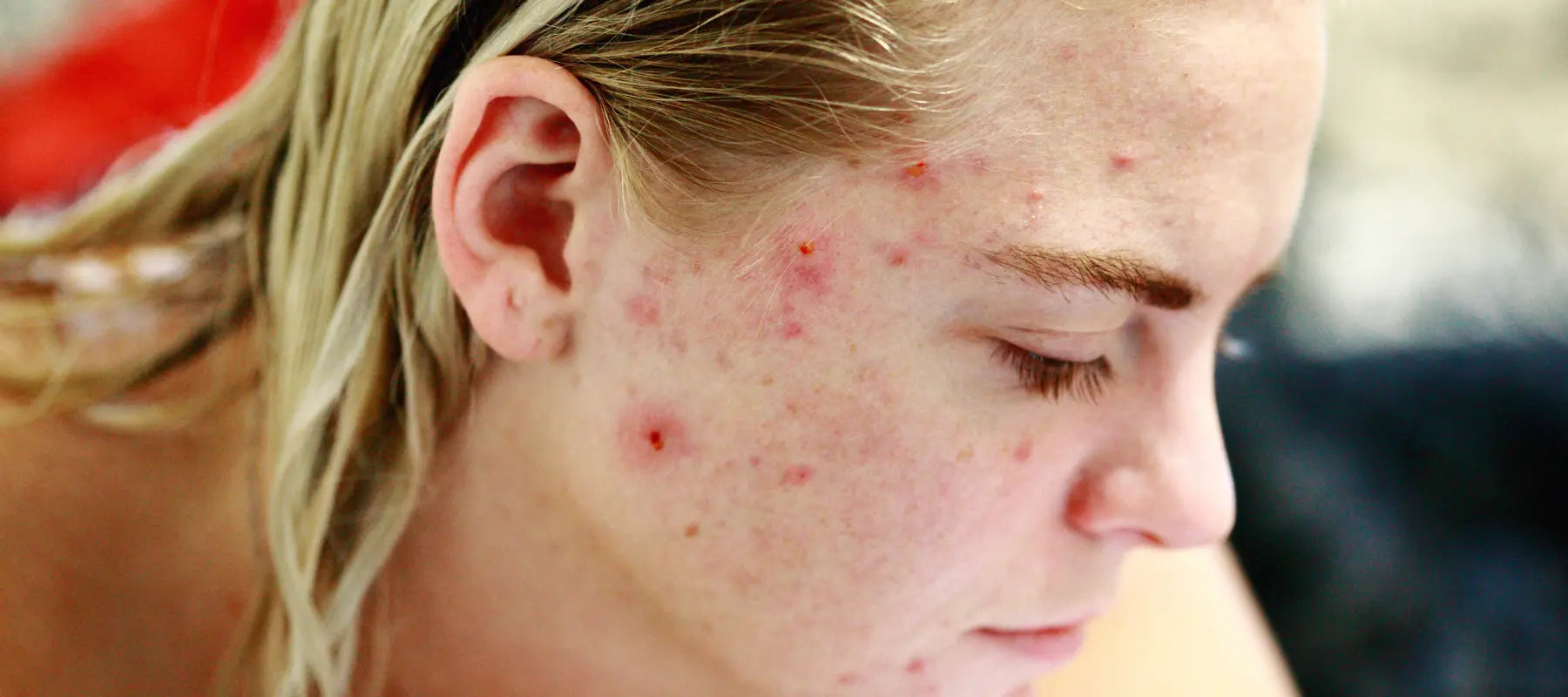

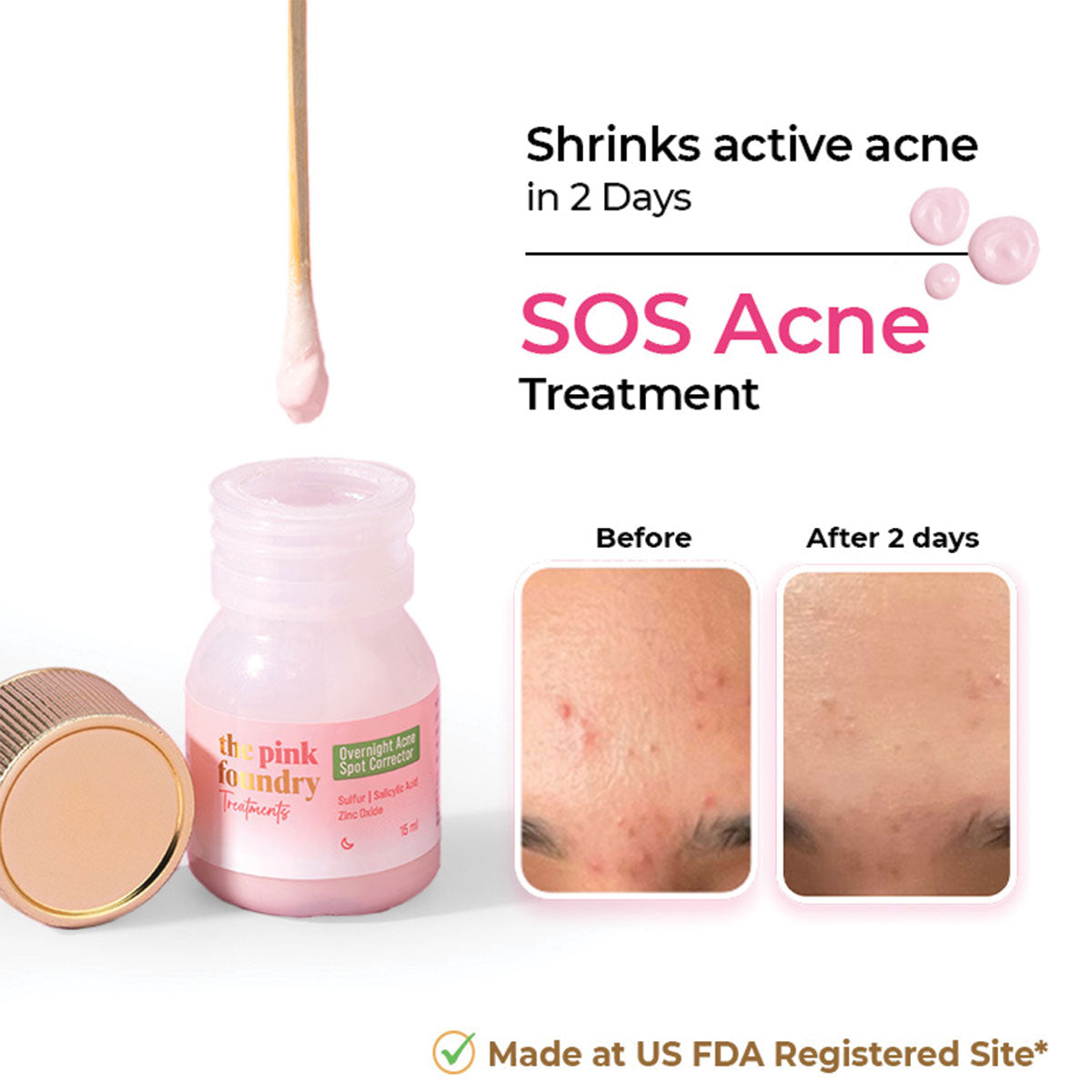
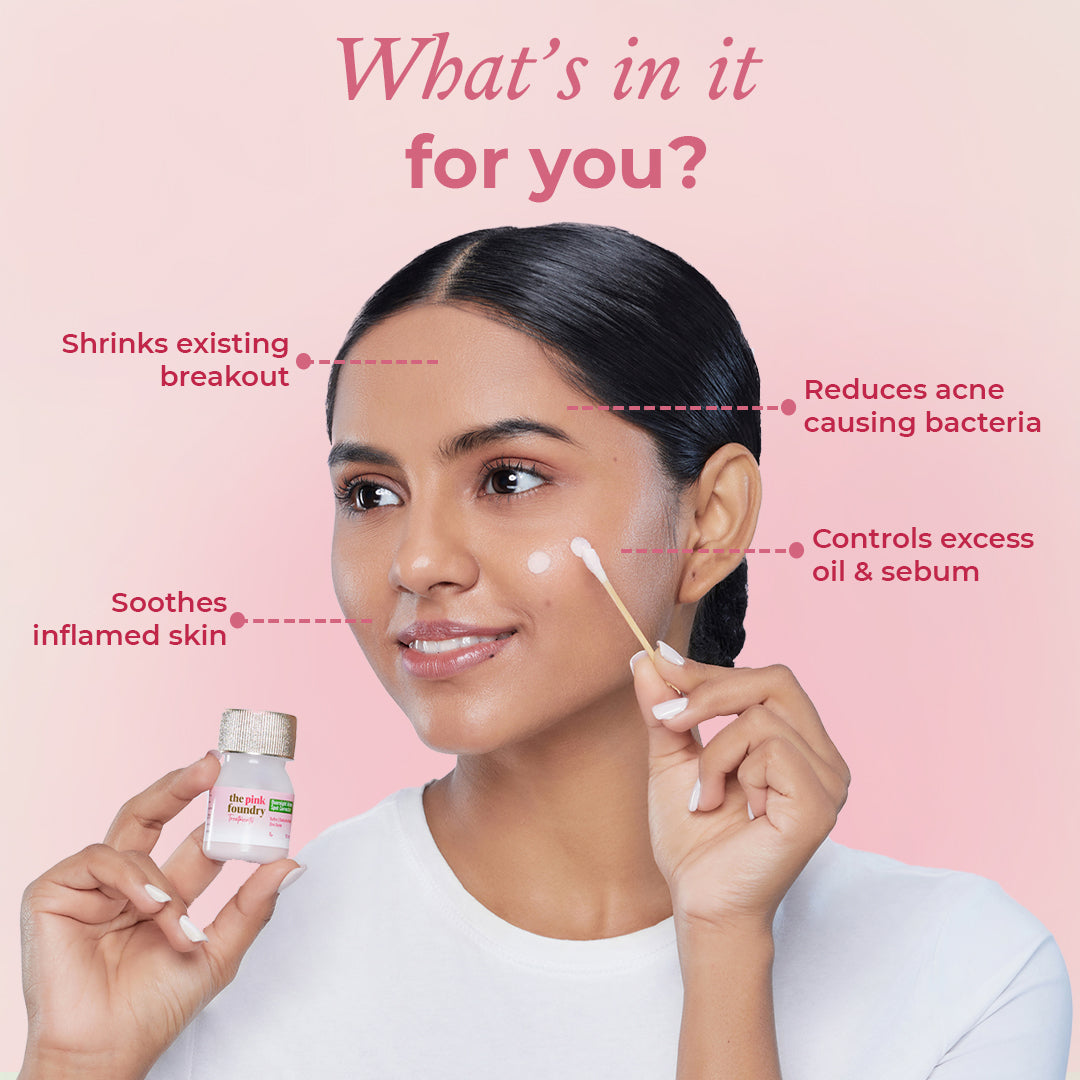


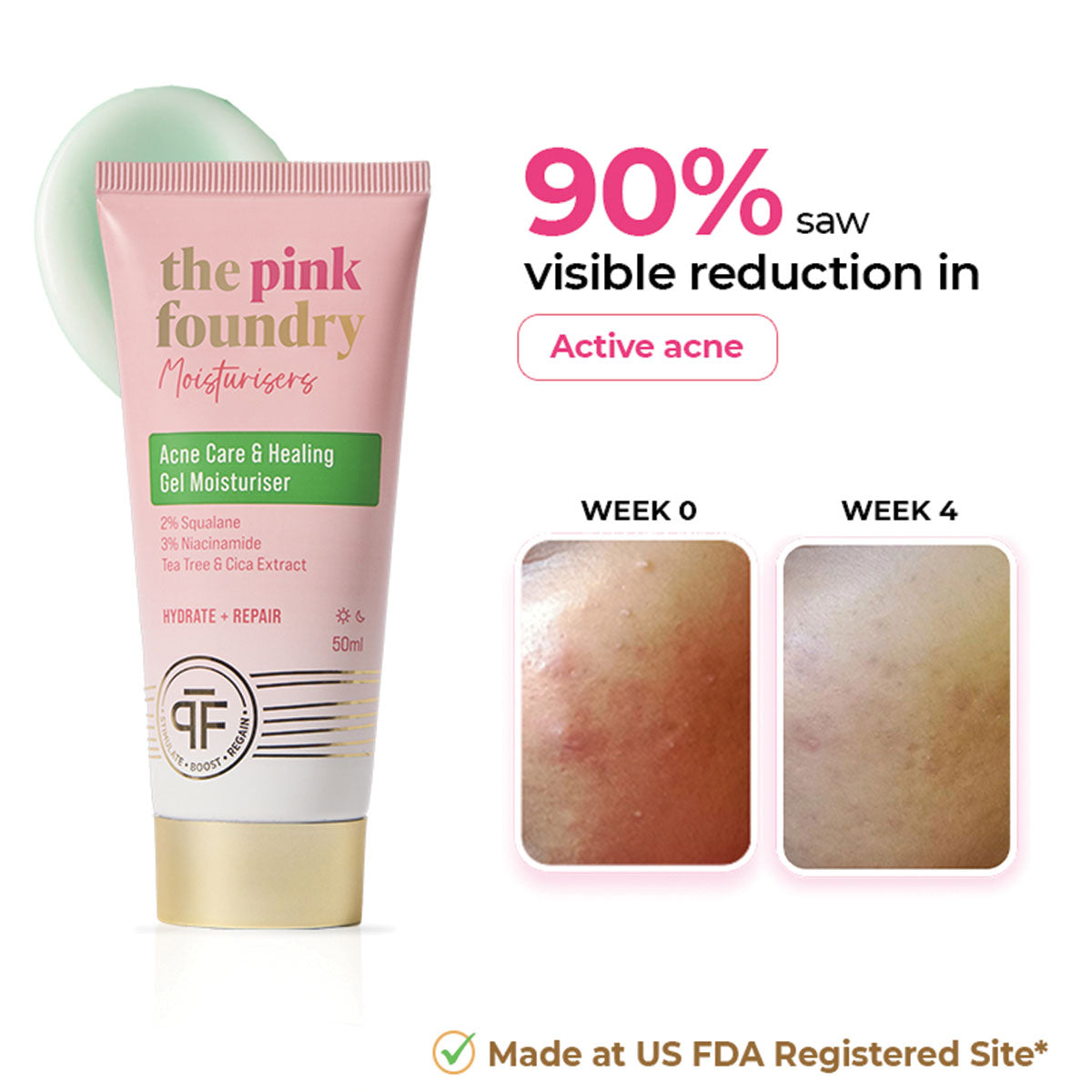
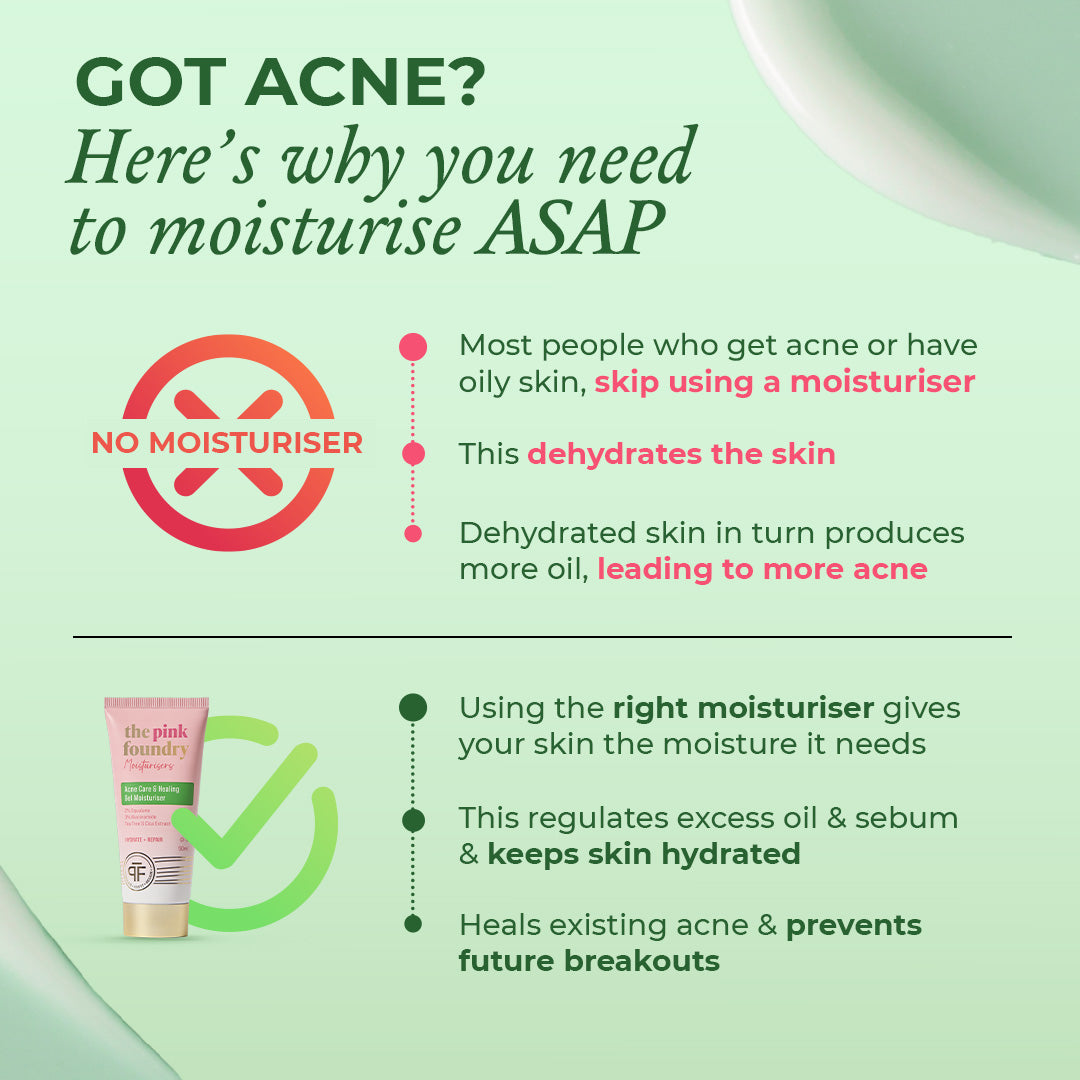










Leave a comment
This site is protected by hCaptcha and the hCaptcha Privacy Policy and Terms of Service apply.